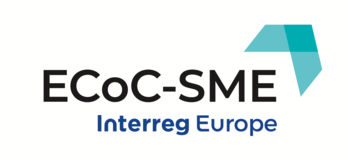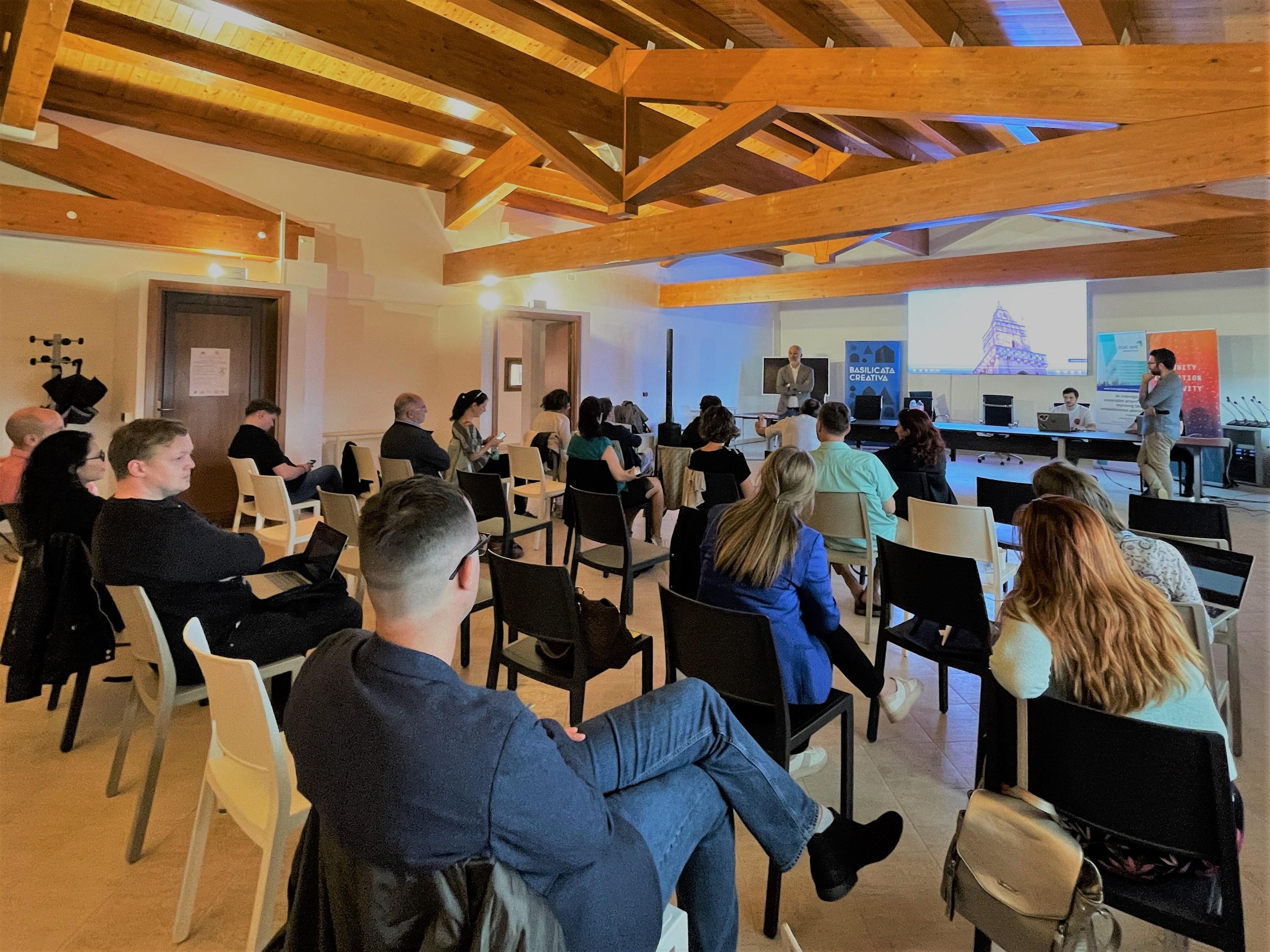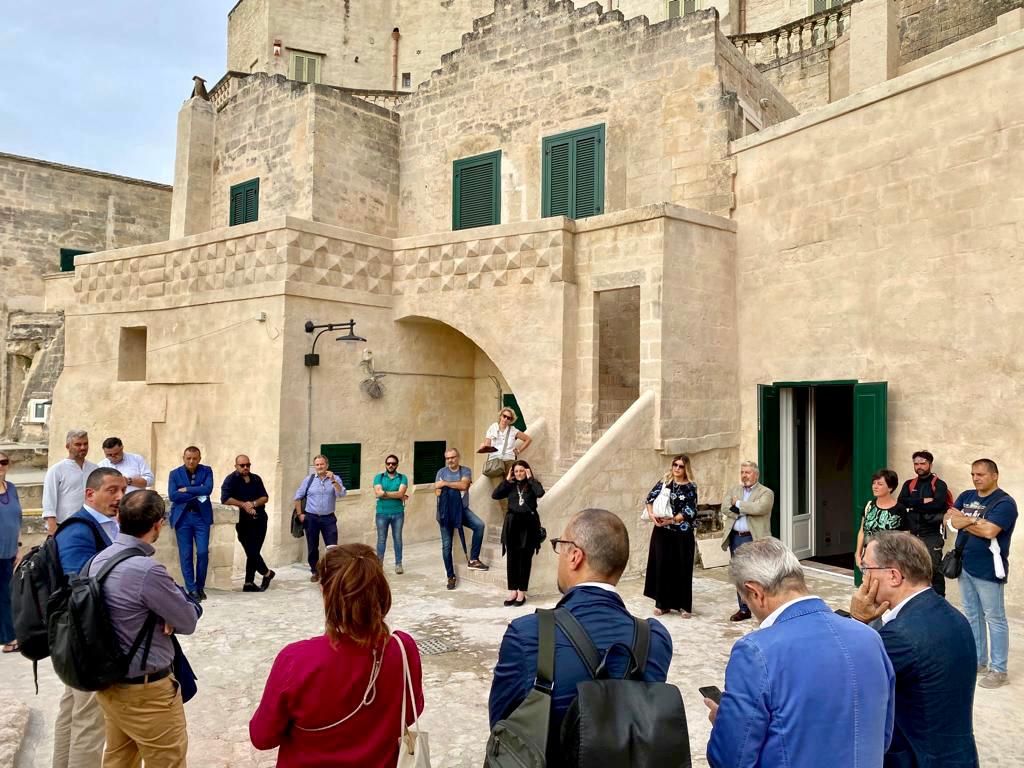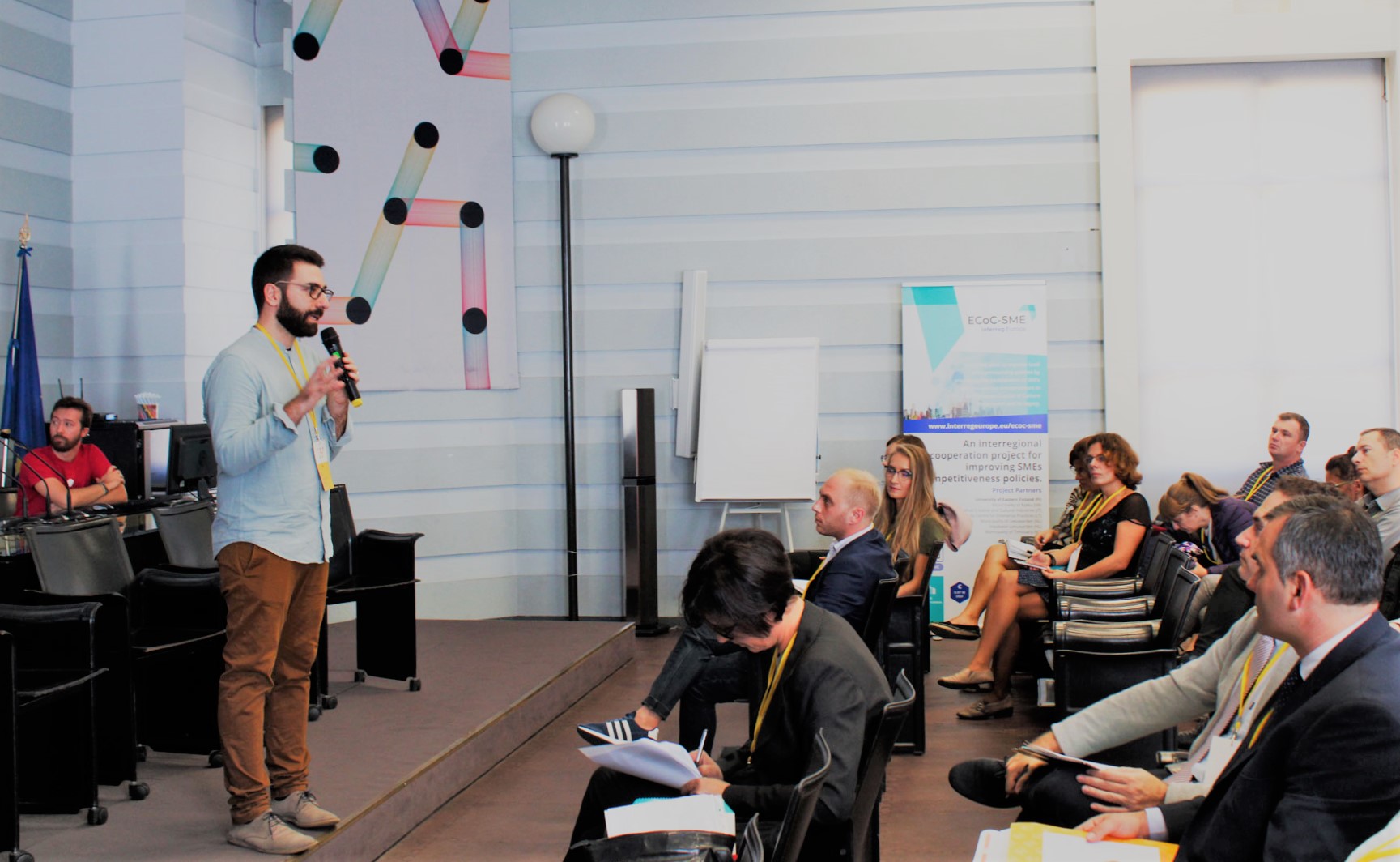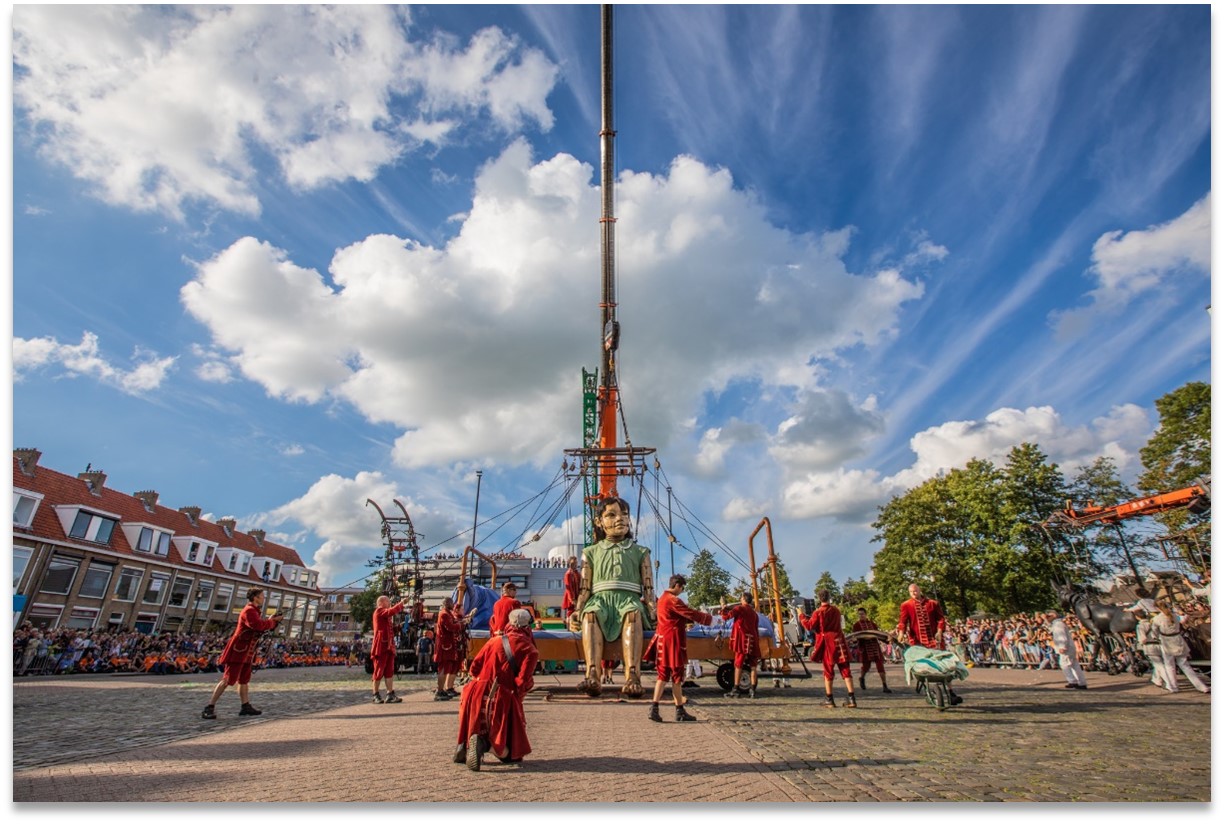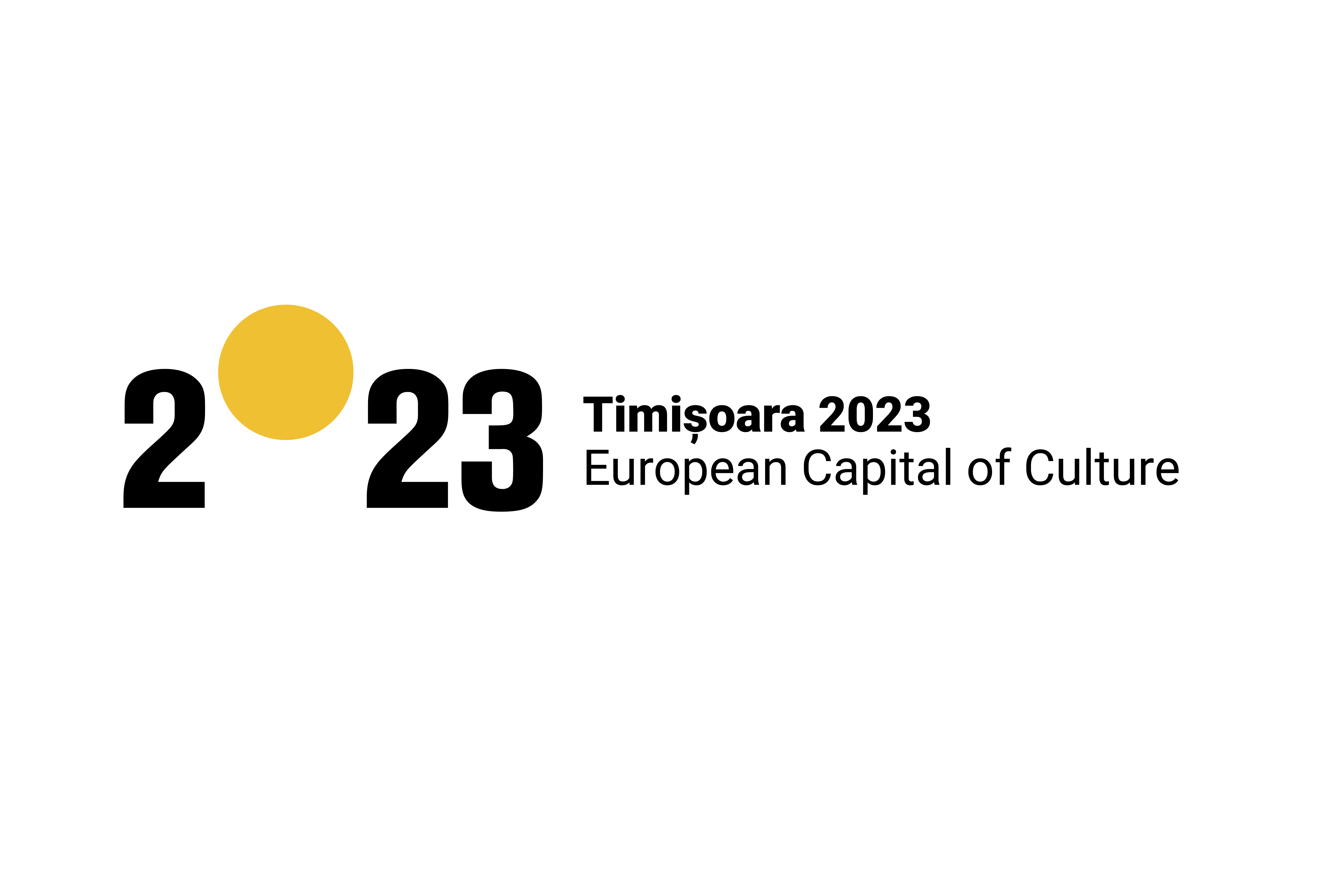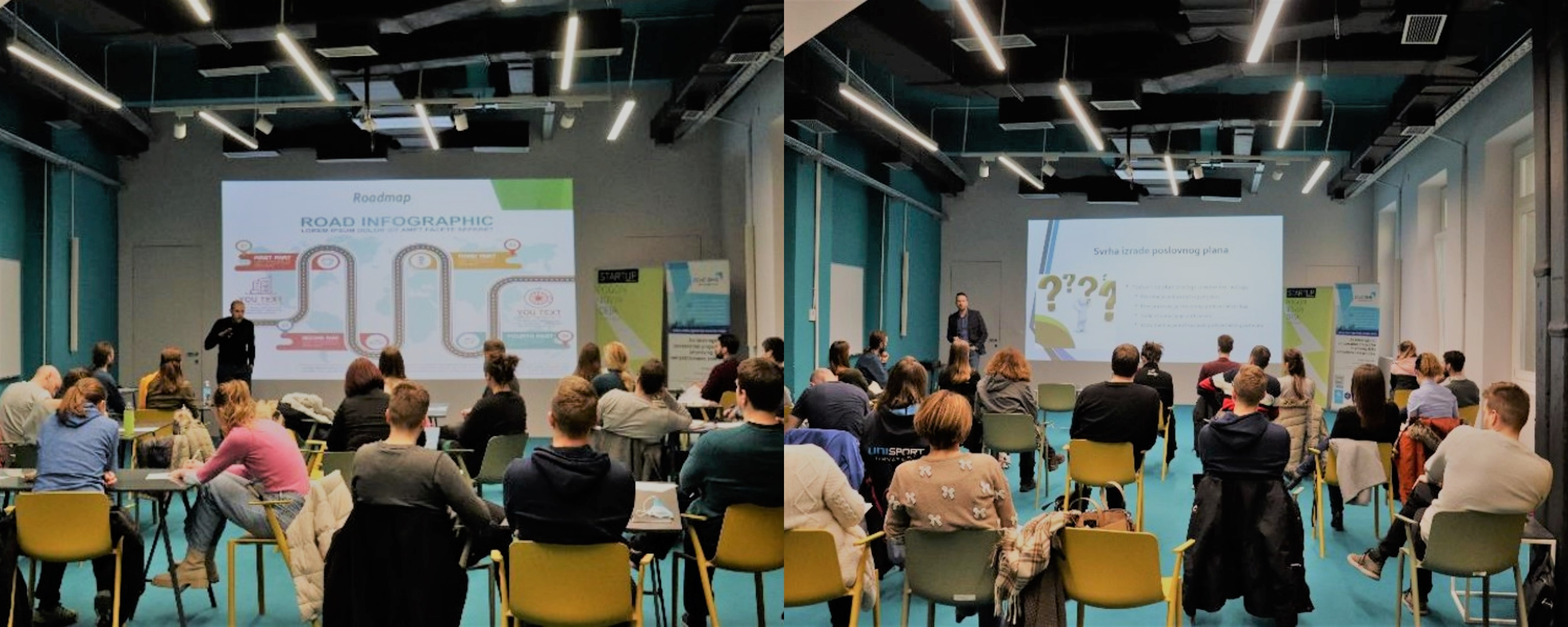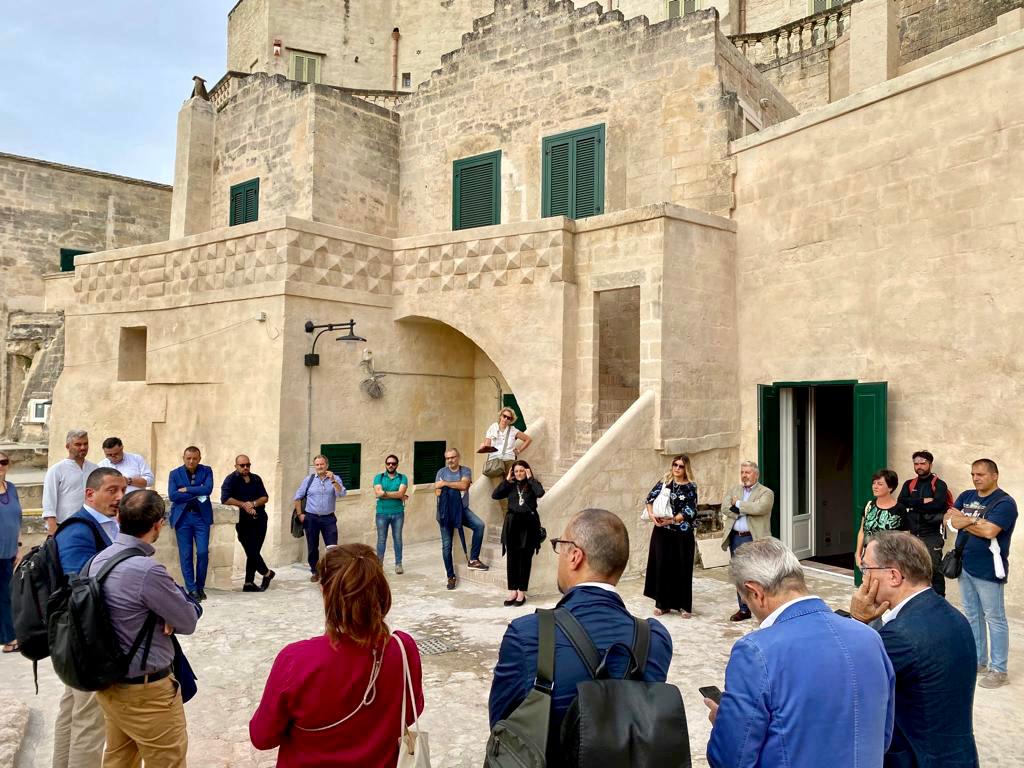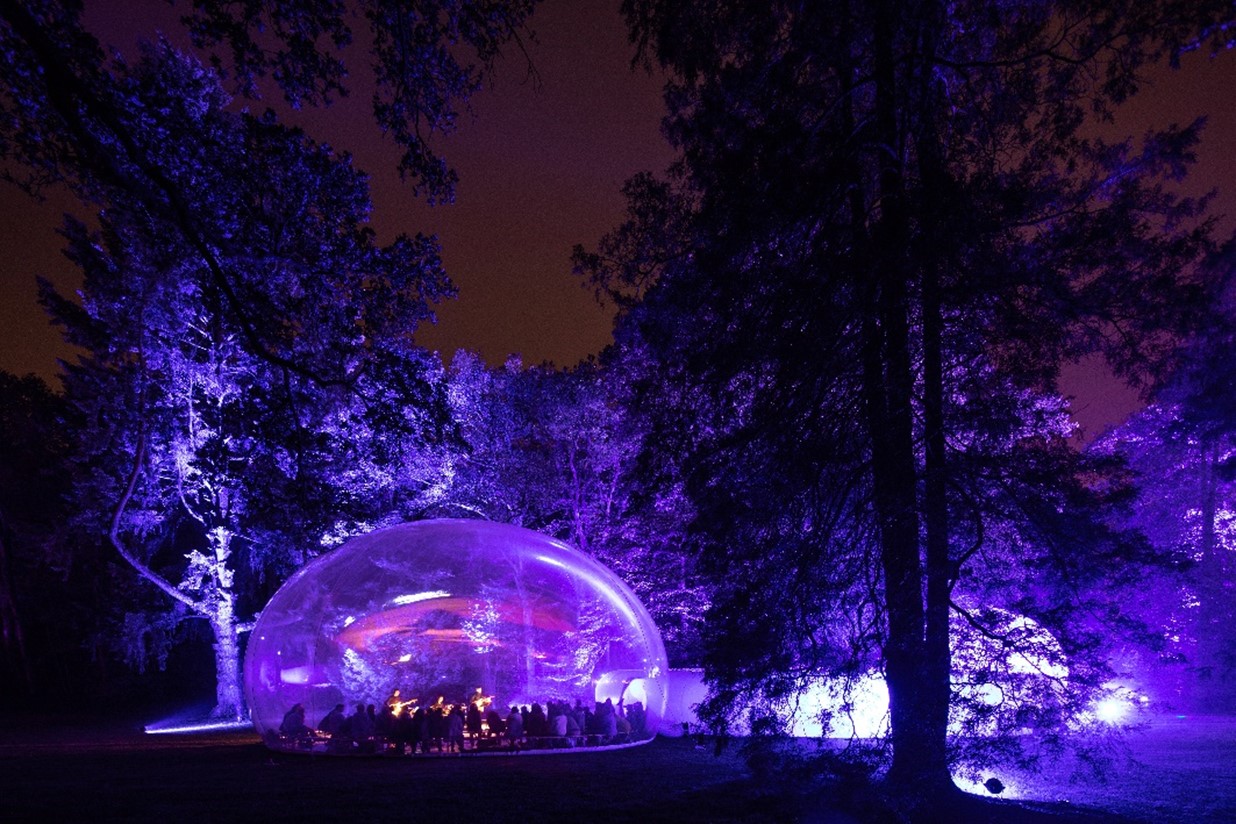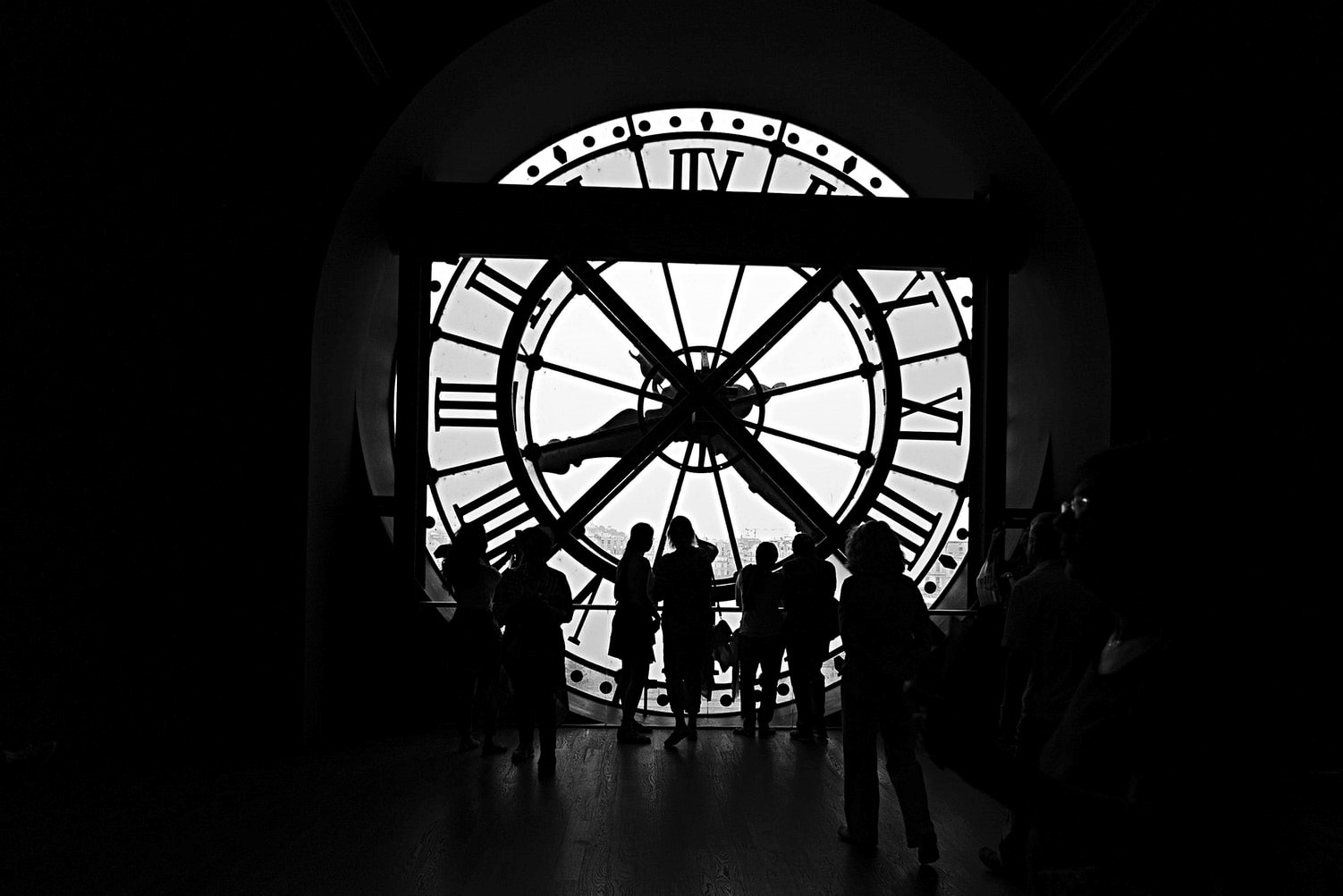European Capital of Culture (ECoC) is anticipated to draw visitors, revenues and employment to crown cities. However, since March, travels are restricted, resources are remobilised, and employment plummets. Representatives from Matera, Rijeka and Timisoara – on behalf of ECoC 2019, 2020 and 2021, shared their stories at our Open Seminar “Continuing, restarting and adjusting amidst COVID-19”.
Matera: “Not audiences, but creative participants”
Dedicating a networking environment for the Culture and Creative Industry (CCI) was a focus of Matera 2019 Project Leaders Committee. The team of 24 organisations, working in 100 municipalities of Basilicata, forms an enlarged system of ten regional thematic networks, 15 national networks and 11 international platforms of artists and companies from the CCI.
Two third of Matera 2019 budget was spent on the process, not on the final production. The result of which is an engaging community of not (only) audiences, but creative participants to the ECoC programme.
Nevertheless, collaboration still needs a real boost – more incentives, mentorship, fresh ideas – across the wide spectrum of individual artists and creative organisations – in the region, in Italy, and internationally. The preparation and implementation of the ECoC programme has started something, but the COVID-19 crisis has posed major challenges to continuation. We see that culture as a ‘sector’ is receiving even less attention in prioritisation and financing than before the Pandemic, despite the fact that it has proved to be a true mobiliser of creative energies and volunteerism in time of crisis.
Rijeka: “Infrastructure as an ECoC legacy”
Rijeka’s infrastructure budget was set larger than their programme budget. Seven new buildings were built and renovated, including The Museum of Contemporary Art, Rijeka City Museum, and Rijeka City Library. As COVID-19 suspended and cancelled major ECoC programme activities, these infrastructures will serve as an important legacy after their title year.
Photo credit: Grad Rijeka
Although the latest tendency in the development of the ECoC programme indicates a shift away from infrastructural developments, cities from newer EU member states, such as Croatia, still need to upgrade their physical structures supporting cultural and creative activities. Yet, now the focus needs to be shifted to the ‘soft elements’, events, social activities, to fill these structures with cultural happenings and creative people.
Rijeka is a theatre city, which means its original ECoC programme was primarily centred around orchestra, choir and ballet performances. However, the possibility of organising large-scale, international ensembles and productions is still uncertain. To comply with social distancing measures, theatres can only house a third of their capacity, which offers no realistic financial frame to make such events feasible. Mrs. Irena Kregar Šegota, the new CEO of Rijeka 2020 announced that their future actions would rely on domestic audiences and artists, prioritising events that generate volunteerism, local products and services.
Timisoara: “Community is why we survive”
‘At two owls’ is an independent bookstore located in the centre of Timisoara.
Before the Pandemic, the shop deliberately avoided e-commerce to preserve the vibrant experience of a brick-and-mortar store, which they had managed to create and nurture throughout the years. As physical contacts were suddenly restricted for several months, combined with no online alternative at hand, their sales dropped by 70%.
 “When one door closes, another opens” – and quite literally so. Despite closed entrance for two months, the store kept their window open to maintain minimum revenue. In fact, they were the only bookstore in Romania to sell books through a window.
“When one door closes, another opens” – and quite literally so. Despite closed entrance for two months, the store kept their window open to maintain minimum revenue. In fact, they were the only bookstore in Romania to sell books through a window.
The small business has also found its ways to maintain its personal, human touch with their community via online channels. Raluca Selejan and Oana Doboși – co-owners of ‘At two owls’, read stories for children every afternoon on their Facebook page. The customers called Selejan and Doboși directly for book orders, who in turn, safely delivered the books themselves to their doorsteps after opening hours.
Photo credit: La Două Bufnițe
The pressure for digitalisation
Matera, Rijeka and Timisoara all faced the pressure and resorted to digitalisation in a social distancing world. Read what they thought about “Digitalisation as an alternative to culture” in the second part of our news.
The Seminar concluded with a remark by a representative of the Advisory Lead Partner of the ECoC-SME project, stressing the needs for ECoC programme to function as a facilitating platform for horizontal exchanges between past, current and future ECoC cities, as well as to react faster in emergency situations such as the current one, to offer a more proactive, interactive and reactive communication platform in times of uncertainties.
